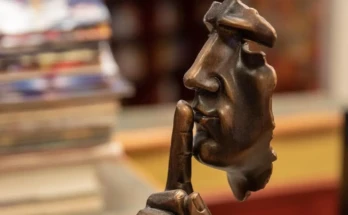Following the Recent Coups in Nigeria’ Neighboring States, and the tensions surrounding it, We take a look at the evolution of military Governments in Nigeria

Introduction
The history of Nigeria has been shaped by various political epochs, with military governments playing a significant role in its evolution. From the nation’s independence in 1960 to the present day, periods of military rule have left an indelible mark on Nigeria’s socio-political landscape. This blog post delves into the history of military governments in Nigeria, exploring their impact, key figures, and legacy.
The Emergence of Military Governments
During the early years of Nigeria’s independence, political instability plagued the nation. This period saw the rise of military interventions in the form of coups d’état. The first successful military coup occurred in 1966, leading to the ousting of the democratically elected government. The instability that followed set the stage for a series of military regimes.
The Iron Grip of General Sani Abacha
One of the most notorious military leaders in Nigerian history was General Sani Abacha. Seizing power in a coup in 1993, Abacha’s rule was characterized by authoritarianism, human rights abuses, and widespread corruption. His regime’s impact on Nigeria’s economy and international relations was profound and enduring.
Transition to Democracy
As the 20th century drew to a close, mounting pressure from both domestic and international communities led to a transition from military rule to democracy in Nigeria. The year 1999 marked the return to civilian governance, heralding a new era in the country’s history. This transition paved the way for greater political stability and a focus on democratic processes.
READ MORE
Your Google Account Might Be Deleted Soon
DIY: Natural Home Remedies for Everyday Ailments
Legacy of Military Governments
The legacy of military governments in Nigeria is a complex one. While these regimes brought about infrastructural development and economic reforms in some cases, they also left scars of human rights violations, political repression, and corruption. The impact of military rule continues to influence Nigeria’s political dynamics and societal attitudes.
Challenges to Democracy and Lessons Learned
Despite the transition to democracy, Nigeria has faced challenges in maintaining political stability and tackling issues such as corruption and inequality. The history of military governments serves as a reminder of the importance of upholding democratic principles, protecting human rights, and ensuring transparency in governance.
Conclusion
The history of military governments in Nigeria is a testament to the nation’s resilience and capacity for change. While these periods of military rule have left a lasting impact, Nigeria’s journey towards democracy and political stability underscores the determination of its people to shape a better future. Understanding this history enables us to appreciate the complexities of Nigeria’s socio-political landscape and the importance of democratic governance.


